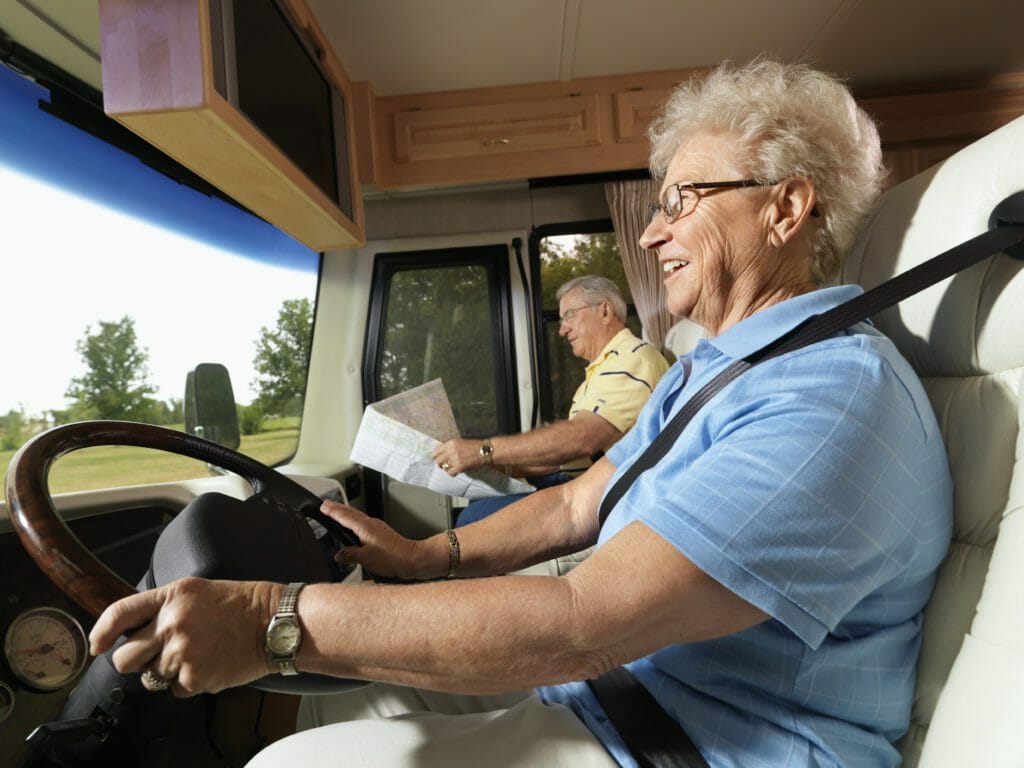Driving an RV can be daunting, especially for first-time drivers. Fortunately, practicing can give you experience and make you comfortable behind the wheel. To get you started, here are the top tips for first-time RV drivers.
1. Inspect the RV
Make it a habit to inspect your RV before driving it. Inspect the tires for punctures and cracks, close the awnings and retractable stairs, watch for potential obstacles, and look under the RV to ensure no objects or animals are underneath. It would also help to ensure all your RV warranties are up-to-date. Inspecting the RV before driving it will ensure safety.
2. Adjust Critical Driving Components
Before starting the engine, it would be best to take time to adjust critical driving components. Adjust your seat, mirrors, and cameras. RVs are equipped with cameras that can help you observe your rear and side views while driving. Conduct proper adjustments and ensure you have a good view of the driveway from every angle.
3. Maintain Average Speed
Just because your RV can reach staggering speed doesn’t mean you should speed up. RVs carry large weights, meaning that braking can take a moment. Be sure to maintain average speed while driving to keep you and your passengers safe.
4. Fuel at RV-Friendly Stations
First-time drivers often have a difficult time fueling at gas stations. You could easily damage the RV if you don’t make good turns and evade low-hanging covers over the pumps. It is advisable to fuel at RV-friendly places until you become fully experienced at driving RVs. RV-friendly fueling stations are convenient because they are located near the highway, are designed to accommodate large vehicles, and have large spaces for making turns.
5. Monitor the Weather
RVs are not fun to drive during harsh weather conditions like storms, heavy rain, and wind, as they could cause accidents. According to a study conducted by Knott laboratory about commercial vehicle towing, a 35-mph crosswind could put about 3,440 pounds of force on a large trailer. Being hit by a crosswind can cause accidents, even for experienced RV drivers. Monitor the weather and only drive under favorable weather conditions.
Practice driving your RV by following the tips discussed. Start by driving an RV that aligns with your experience level. Obtain RV warranties to cover you, your passengers, and your RV when you’re on the road. To learn more about RV warranties, contact No Repair Cost today.


